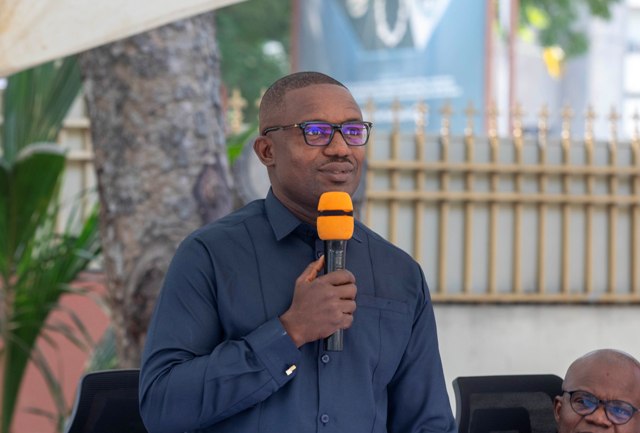The government has announced a definitive change in its electricity billing policy, with all state institutions now expected to pay for their electricity consumption.
The new policy, approved by the Cabinet, stipulates that all public institutions will be placed either on a prepaid metering system or adhere to a strict monthly billing and payment arrangement with the Electricity Company of Ghana (ECG).
Minister for Energy and Green Transition, John Abdulai Jinapor, who disclosed this in Parliament on Wednesday, indicated the directive marks a significant step towards addressing the long-standing issue of unpaid electricity bills by government entities. This factor has often strained the resources of the national power providers, ECG and NEDCo.
Also Read: Race to Single Inflation Digit Heats Up as Inflation Falls to 13.7% in June
He, however, noted a few exceptions for particularly sensitive institutions, namely the Presidency, the Police Service, the Military, as well as educational and health facilities, which will fall into a separate category. These institutions will still be obligated to pay their electricity bills, but will be exempt from the immediate rollout of prepaid meters.
The Minister indicated that this policy shift is a crucial component of broader reforms designed to combat illegal electricity connections, enhance the efficiency of metering systems, and ultimately improve revenue collection within the energy sector.
Smart meters
He disclosed an ongoing “Loss Reduction Programme,” which includes the installation of smart meters, the replacement of outdated meters, and the implementation of advanced meter management systems. As of April 2025, 1.2 million smart meters have been installed, with plans to add another 2 million by the year 2029, supported by funding from the World Bank.
The Minister stressed that the ECG has actively formed task forces dedicated to cracking down on illegal connections and cited recent successful arrests and prosecutions within specific housing estates as evidence of their efforts.
He disclosed that several government-owned agencies that were recently disconnected due to outstanding bills have now agreed to payment schedules, paving the way for their reconnection. Hon. Jinapor underscored that the implementation of this Cabinet directive is already underway, signaling a firm commitment to ensuring compliance.
The Energy Minister also addressed the concerning issue of fraudulent actors involved in the possession and installation of counterfeit meters, and revealed plans for the introduction of stricter penalties. The Ministry is currently collaborating with relevant stakeholders to draft a Legislative Instrument (L.I) aimed at strengthening the existing legal framework. He also announced that the prosecution of offenders in a dedicated court has already commenced, demonstrating a zero-tolerance approach to such illegal activities.
Hon. Jinapor appealed for the cooperation of all Ghanaians in ensuring the long-term sustainability of the nation’s electricity supply. He reiterated the pressure on the ECG and NEDCo to improve their revenue performance and reduce both commercial and technical losses, which have persistently undermined the financial viability of the energy sector. The Minister expressed confidence that these current reforms will effectively address existing leakages and establish a system of accountability for all electricity consumers, including government institutions.


